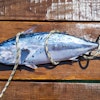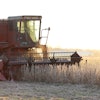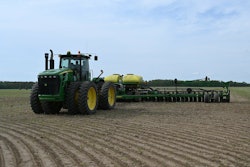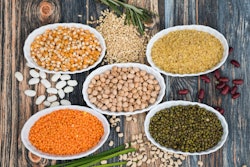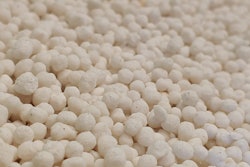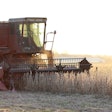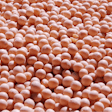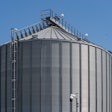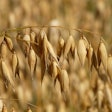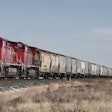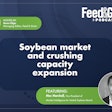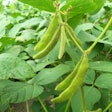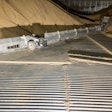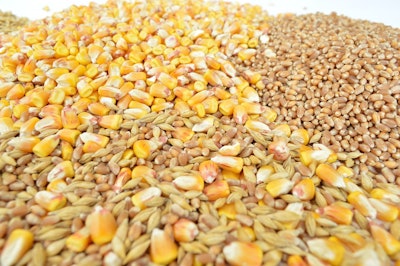
With Russia and Ukraine among the world's largest exporters of grains and oilseeds, the ongoing conflict andresulting spike in agricultural commodity priceshas fueled concerns about potential food security risks, especially in import-dependent countries in Near East Asia and Africa, theInternational Grain Council(IGC) said in its latestGrain Market Report.
Immediate threats are mainly centered on the disruption to export flows. Commercial Black Sea port loadings are currently suspended in Ukraine. Although there are efforts toincrease exports via railway routesthrough the country's western borders, overall volumes are likely to be limited.
An export licensing system was recently introduced for wheat, maize and sunflowerseed oil, while shipments of barley, rye, oats and millet are currently banned. While the extent of infrastructure losses is unknown, potential damage to port facilities, railroads and storage silos could impact shipments over the longer term.
Most of Russia's Black Sea terminals were operational as of mid-March, but with some ongoing restrictions in the Azov Sea. While loadings recently resumed, volumes may be hampered by trade finance restrictions and additional ocean freight insurance requirements.
Additional exports from other origins, including India, the U.S., the EU and Brazil, will likely only partially offset lower Black Sea shipments over the remainder of the current season.
With high prices expected to ration demand, 2021/22 world wheat and maize trade is forecast to fall short of earlier predictions, while uncertainties prevail for 2022/23.
There are also significant downside risks to Ukraine's 2022/23 grain and oilseed crops, which could exacerbate longer-term export supply shortfalls. In addition to tight availabilities of fuel, farm inputs and labor, access to some fields is currently impossible, leading to mounting worries about farmers' ability to fertilize winter crops and plant spring varieties.
The conflict has heightened concerns abouttight global fertilizer supply chains, stoked by restricted shipping operations to the region, as well as latest sanctions on Russia and Belarus, respectively two of the world's leading suppliers of nitrogenous and potash fertilizers.
Soaring natural gas prices, a key feedstock for nitrogen fertilizer production, has also contributed to recent price gains. With elevated input prices and tight availabilities already a concern before the hostilities, the rising costs of production could impact upcoming acreage decisions and application rates, with possible implications for global yields and crop quality.
The crisis has already sparked a number of policy responses in other countries, heightening fears aboutrising protectionism和潜在的不良后果insecure nations.
Additionally, broader market turmoil and downside risks to global economic growth could also affect supply and demand dynamics, while rising crude oil and commodity prices may further fuel inflationary pressure.
Read thefull report.



